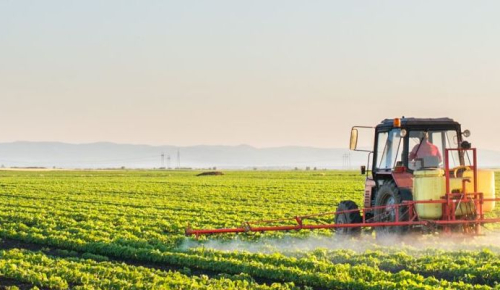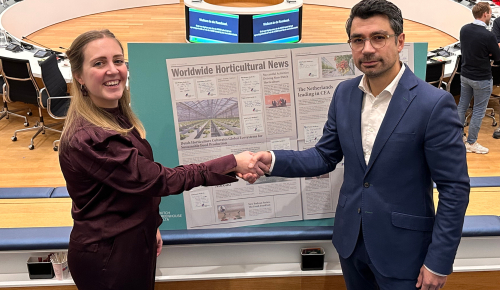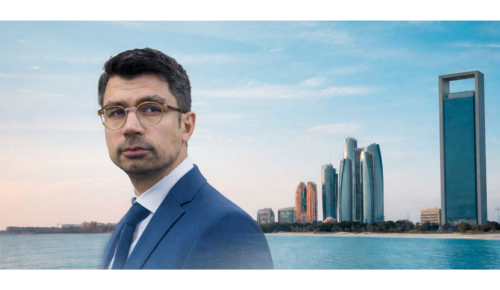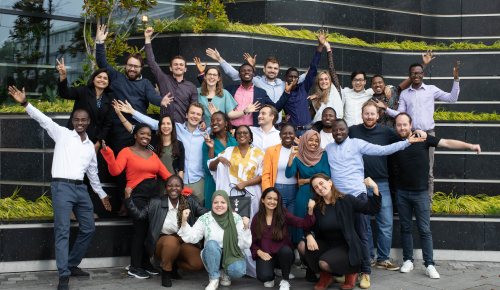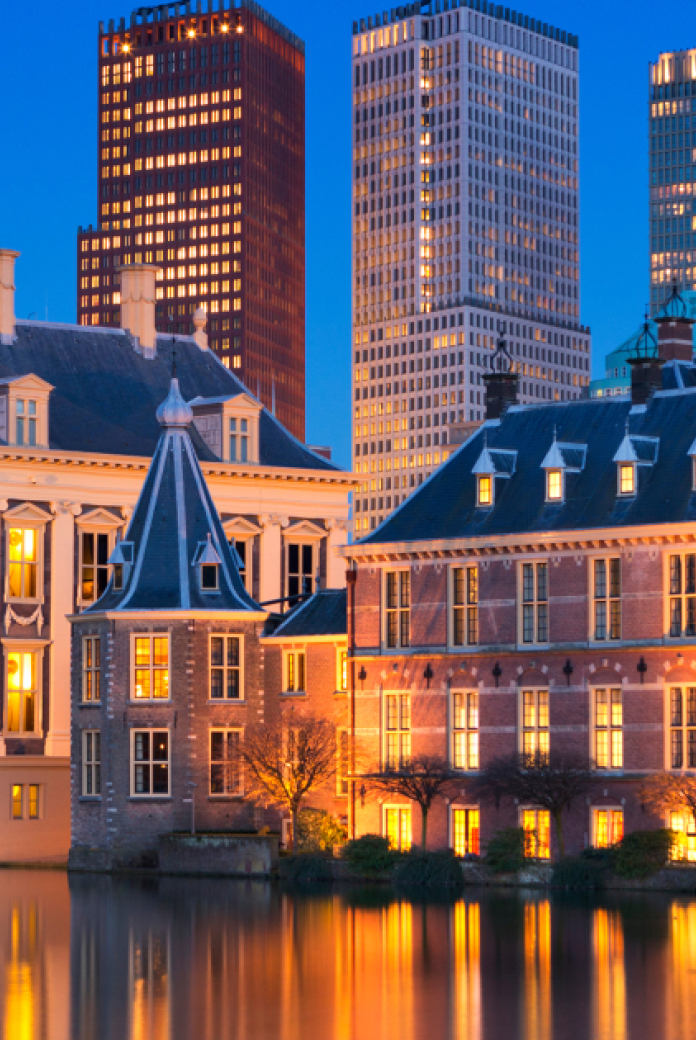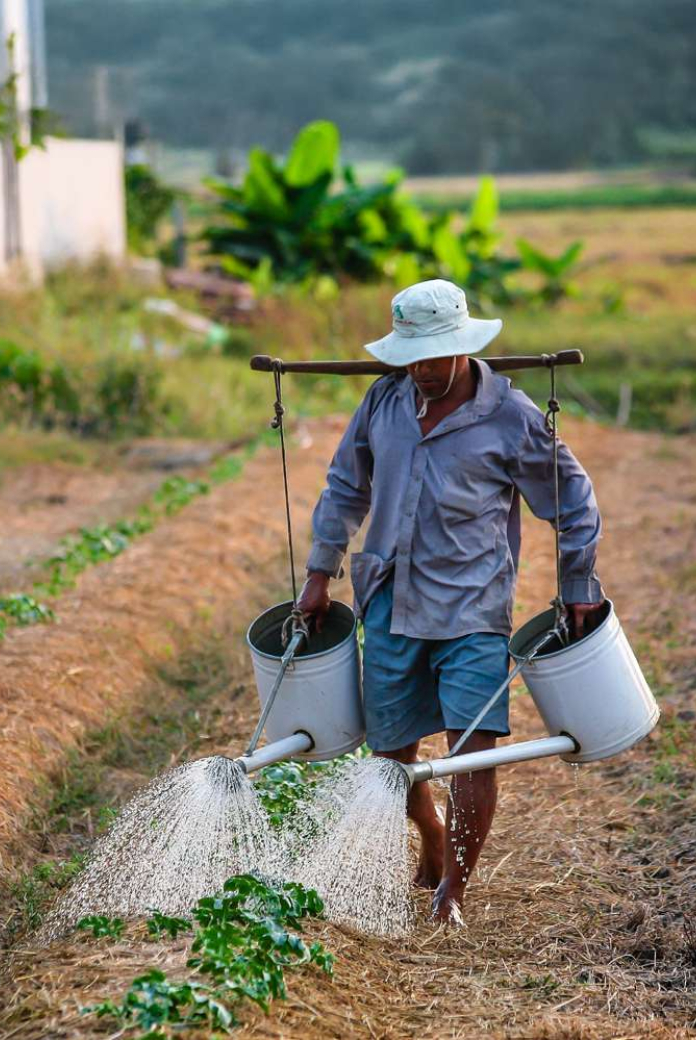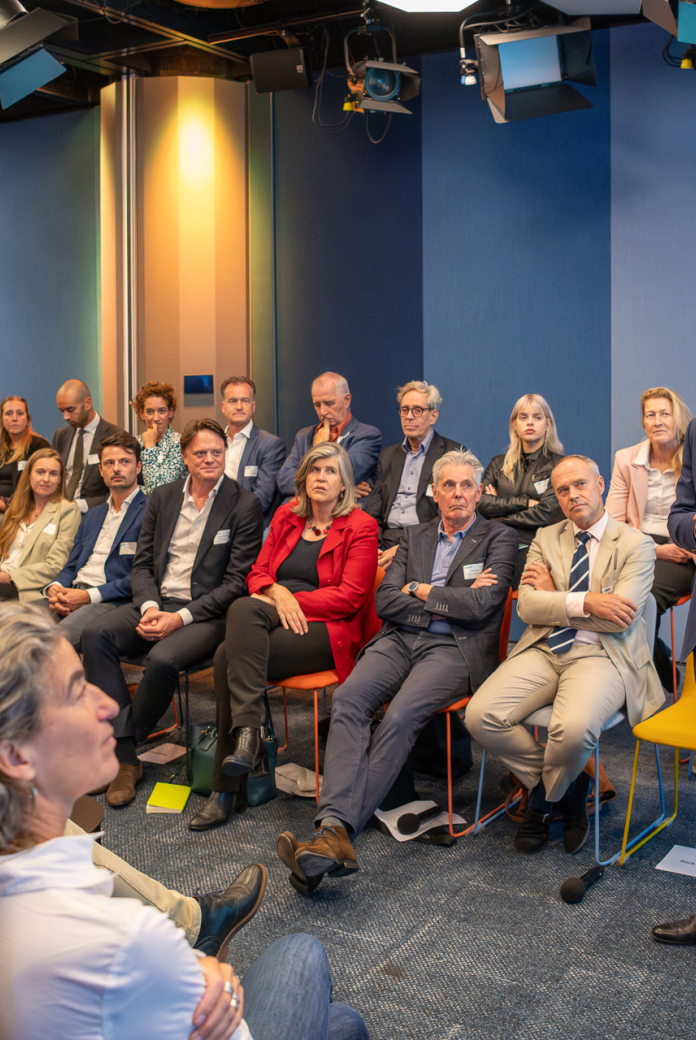Blog
29 November 2018Blog: Smart Dutch solutions for Jordan’s water scarcity and agriculture
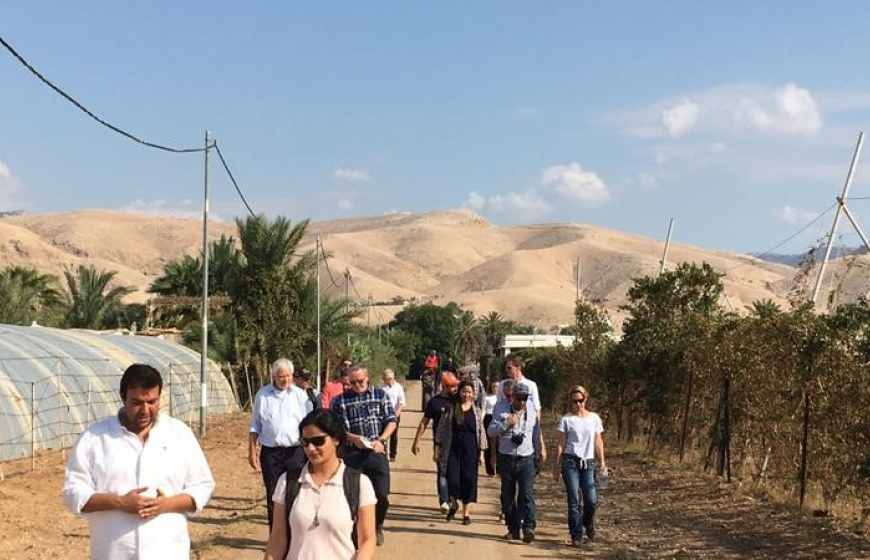
Jordan has the dubious honour of being almost at top of the world when it comes to water scarcity. Dutch expertise is welcome, as revealed during the scoping mission organised by NWP and the Netherlands Embassy in Jordan, supported by the Partners for Water Programme. Tessa Terpstra, Dutch Regional Envoy for Water and Energy Security in the MENA region at the Ministry of Foreign Affairs, says in her blog that it could be the prelude to intensive collaboration in the near future.
Water crisis
“Jordan is facing a deepening water crisis. Jordanians are among the most water-deprived populations globally, with a water availability of just 145 m3 per person per year – a figure that is projected to drop to just 91 m3 by 2025. Jordan’s lack of water resources impacts the country’s economic growth, political stability and national security. It also impacts public health. The growing water demand in Jordan puts huge pressure on the country’s water resources. The gap between supply and demand has been growing mainly due to a lack of rainfall, rapid population growth, the rising standard of living and agricultural expansion. Historically, Jordan is a relatively peaceful country in the midst of a turbulent region. It thus attracts many displaced people."
Water for agriculture
"The Jordan Valley is the country’s most important agricultural region. A considerable part of the water for agriculture is already purified waste water and the government wants to increase it even further. A senior official from the ministry told us that they must get to a situation where using fresh water for agriculture is considered taboo. The country therefore needs to focus more on waste water reuse, higher water efficiency in agriculture and solutions to the growing energy demand from the water sector. The purification, desalination and transport of water requires more and more energy. Jordan is almost completely dependent on fossil fuel imports and, in particular, gas from Qatar. To reduce its high dependency, Jordan is determined to invest heavily in renewable energy from sun and wind."
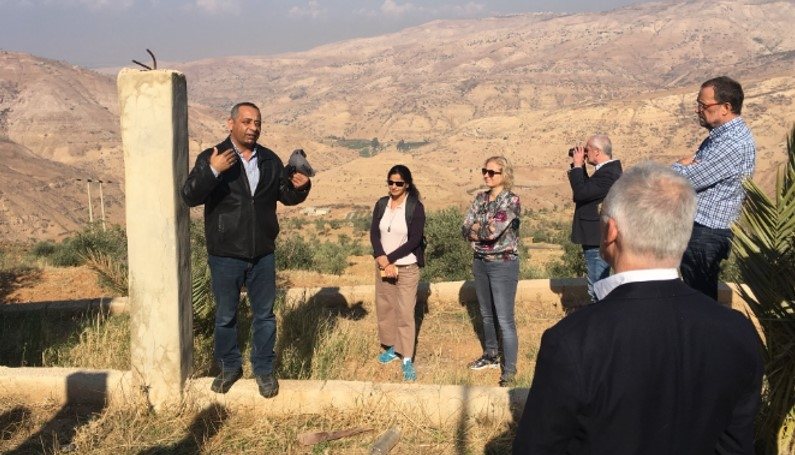
Collaboration
"No single strategy will achieve these ambitions. Instead, better use of installations, the adoption of innovative technology, and improved governance and financial management will have to be done concurrently. In addition to technical engineering, there is a need for financial engineering. As well as development and climate funds, this will also involve private financing. We will work towards pairing Dutch water authorities and the Yarmouk Water Company in the north of Jordan. This could be done within the framework of the Blue Deal, the new international programme of the Ministries of Foreign Affairs and Infrastructure and Water Management and Dutch water authorities. The programme’s goal is for 20 million people in 40 catchment areas around the world to have access to clean, sufficient and safe water.
Eventually, we would also like to see a regional expertise centre for waste water processing for the entire MENA region (Middle East North Africa). Dutch and Jordanian universities are interested in working together on this. The private sector, including start-ups, could also play a role."
To a circular economy
"Part of our input could be to bring the circular economy one step closer in Jordan. As Peter Scheer from Nijhuis Industries/Semilla Sanitation Hubs says: “from waste to taste”. A ‘return day’ involving everyone who went on the mission, planned for 12 December, will be used to map the harvest of the mission. After that, the inventory will be further worked out so that we can come up with a concrete action plan. We'll be back with smart solutions!”
More information
The mission from 11 to 13 November was made possible by the Partners for Water Programme and Topsector Tuinbouw & Uitgangsmaterialen. It was organised by the Dutch Embassy in Jordan and NWP. In total, 21 experts from 17 companies participated, including NWP chairman Sybe Schaap.
For more information contact Ruben Vermeer, r.vermeer@nwp.nl. Or watch Ruben’s vlog in which he reflects on the mission.
